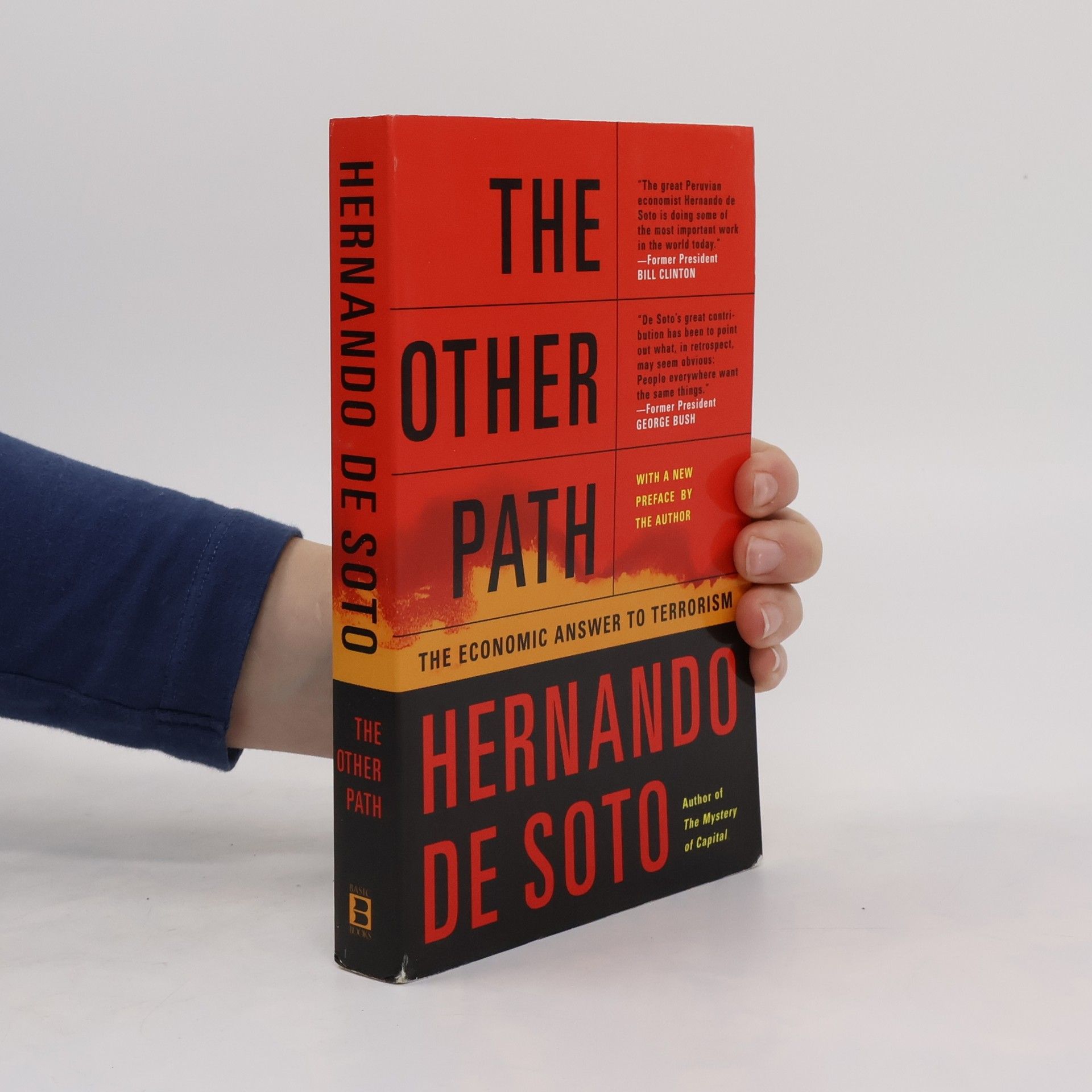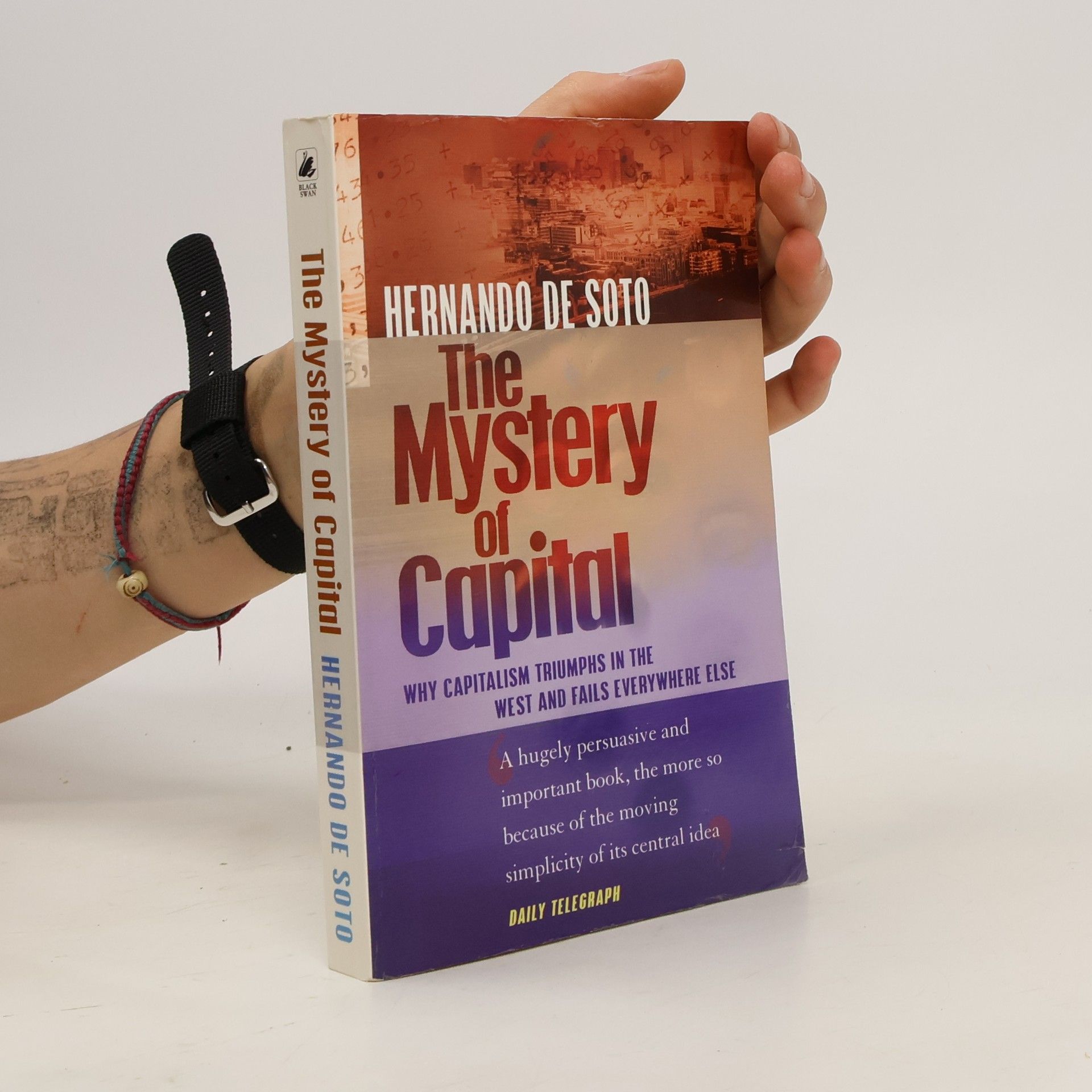The Mystery of Capital
- 288pages
- 11 heures de lecture
Why does capitalism triumph in the West but fail almost everywhere else? Elegantly, and with rare clarity, Hernando de Soto revolutionizes our understanding of what capital is and why it has failed to benefit four-fifths of mankind -- and explains the solution. 'A revolutionary book . . . may not be in the class of Das Kapital, Adam Smith's Wealth of Nations or Keynes's General Theory. But if the criteria for joining that exclusive club is a capacity not only to change permanently the way we look at the world, but also to change the world itself, then there are good grounds for thinking that this book is surely a contender.' Donald Macintyre, The Independent 'Few people in Britain have heard of Hernando de Soto . . . but The Mystery of Capital has already led the cognoscenti to put him in the pantheon of great progressive intellectuals of our age.' Mark Leonard, New Statesman 'A crucial contribution. A new proposal for change that is valid for the whole world' - Javier Perez de Cuellar (Former Secretary United Nations)


